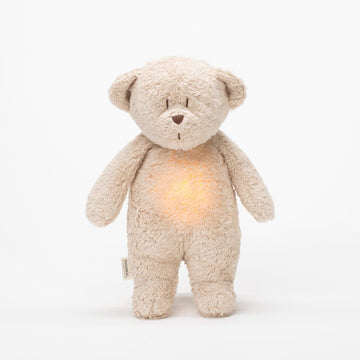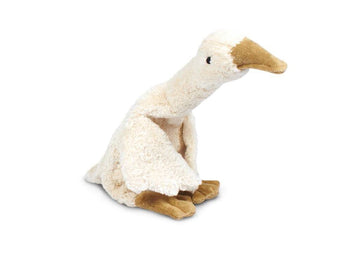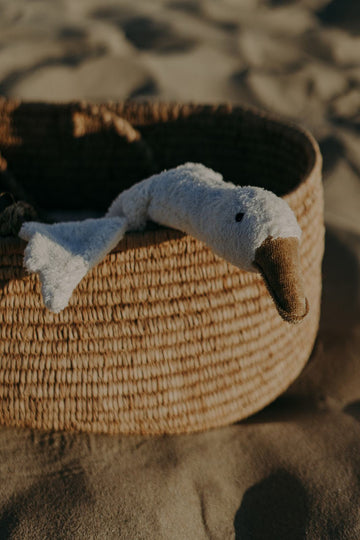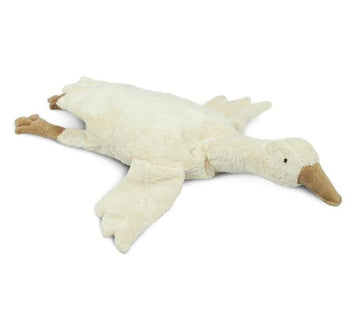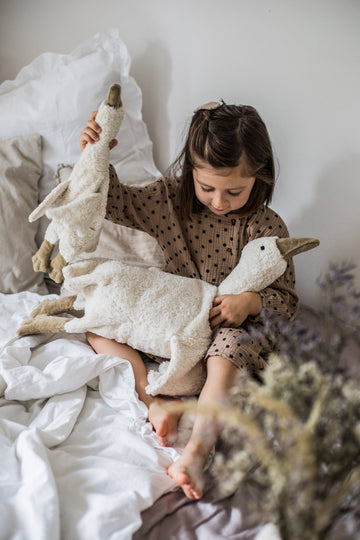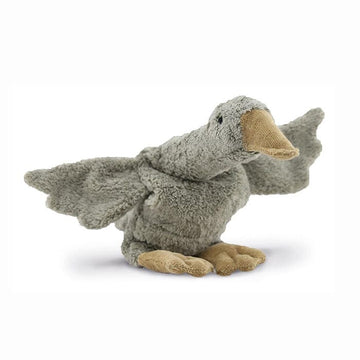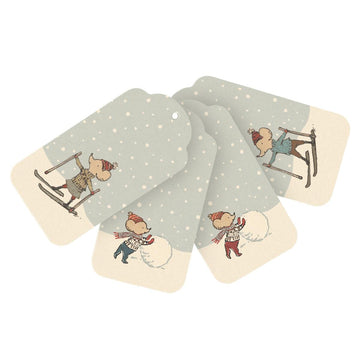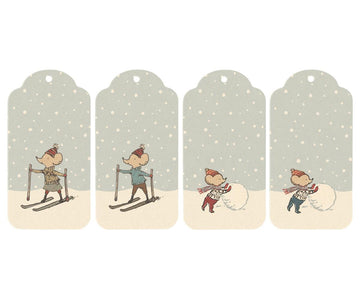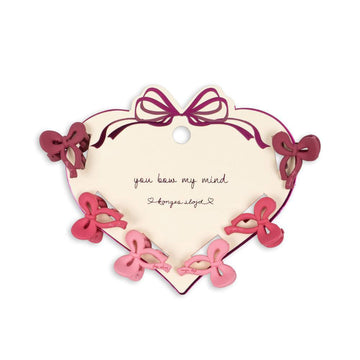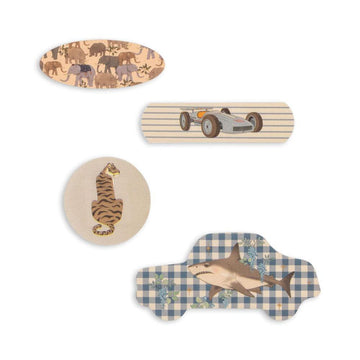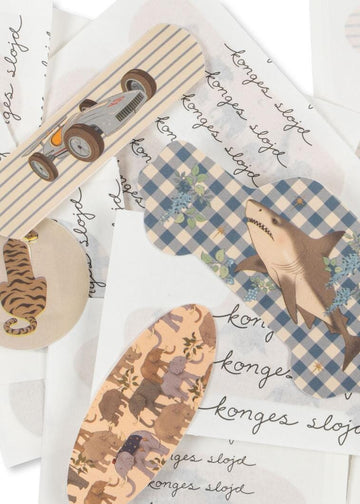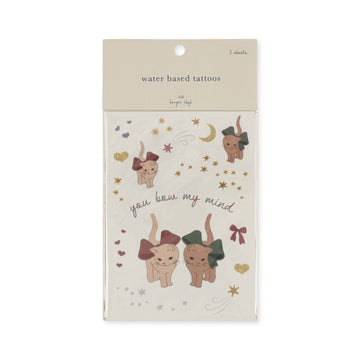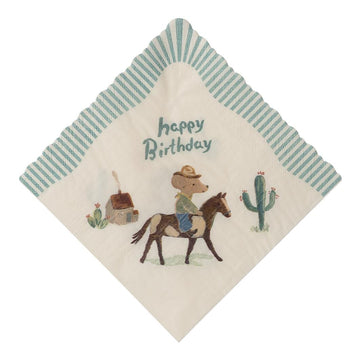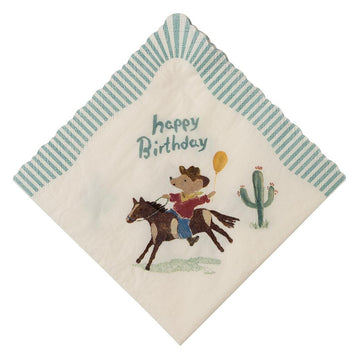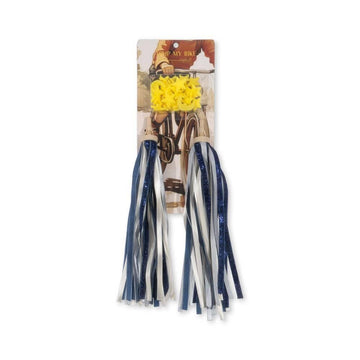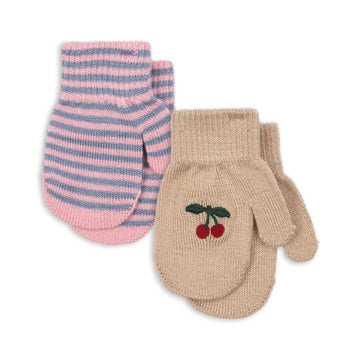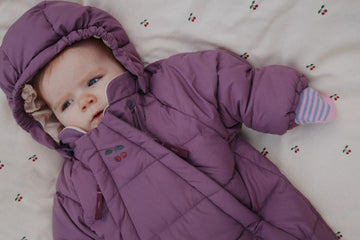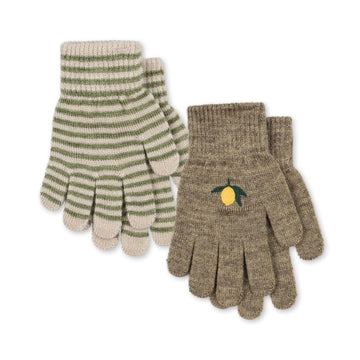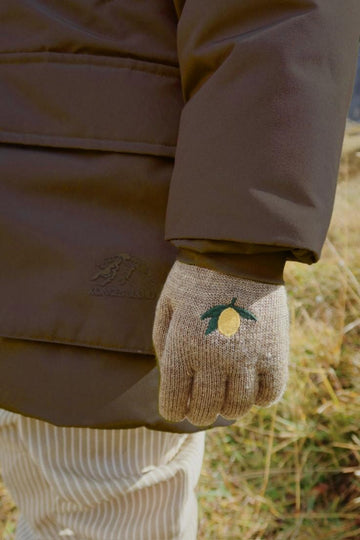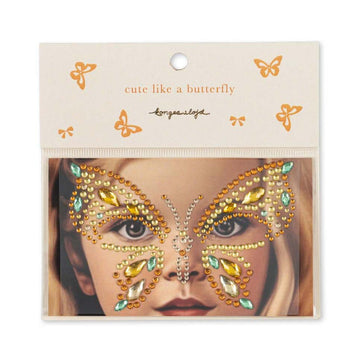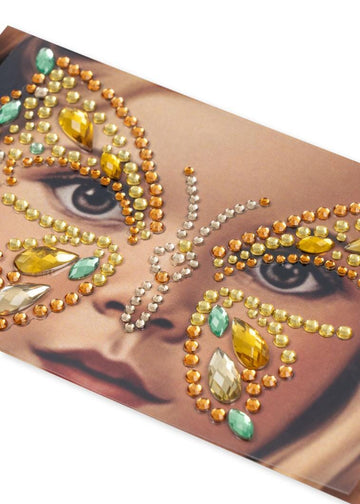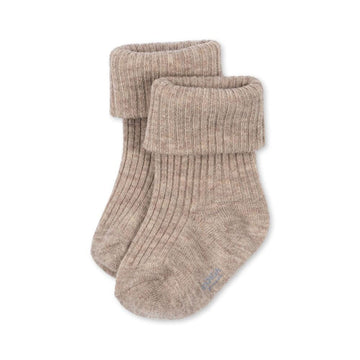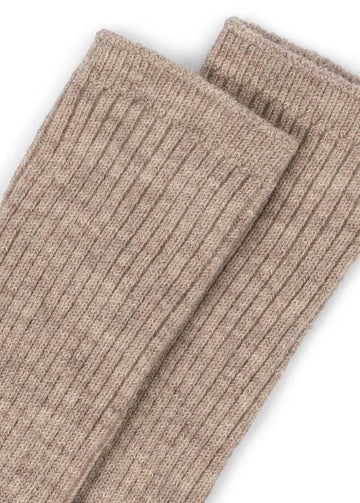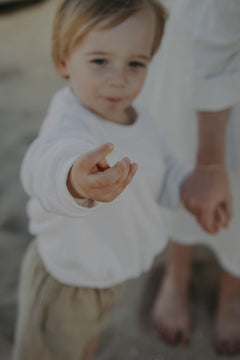Like a fish in the water? Swim instructor Maxime Bodson from Jungle Skills to the rescue!
The temperatures are rising, and then splashing in the pool or diving into the sea is a nice cool down. But how do you keep your little one safe around water? And how do you prepare your child for a first swimming experience? With more than a decade of experience in water habituation and swimming lessons, swimming teacher Maxime Bodson of Jungle Skills gives the ultimate tips.
1. Start in the bath or shower Not every child jumps enthusiastically into the water right away. Then it is important to get used to water step by step. Go into the water with your little one, let them discover at their own pace and encourage them, without forcing them. This doesn't always have to be a pool or the sea: a bath or shower at home works just as well.
2. Your child “shouldn't” do anything at all A golden tip: avoid phrases like “Now you have to do this”. Let it all unfold through play. Rather say: 'Look what I can do, will you join me?' That takes the pressure off. Use materials such as cups, ducks or a sponge to make it fun. Also vary between different types of water experiences - floating, blowing, going under - and build up slowly.
3. First, teach your little one to move safely in and around the water
And now for the real thing: learning to swim. The most important basis is trust. A child must feel safe in the water and with the instructor. At Jungle Skills, we never start by teaching a swimming stroke straight away. First we teach “survival”: floating, going to shore, daring to go underwater. Only once these basics are in place do we proceed step by step to a real swimming stroke.
4. Reward small steps
Is your child really scared? Stay calm and follow your little one's pace. Sometimes it helps to take a step back: just splash their feet in the water, or play a game that doesn't require them to get wet. Let your little one indicate what it dares and reward small steps. (Self-)confidence grows slowly, and with patience, humour and encouragement it often works out fine. More importantly: never compare your child to other children.
5. Water in their eyes and on their face: it's part of the game
Safety comes first, especially with young children, but freedom to explore is just as important. Use aids such as floats for support, but also let your child practice without them from time to time - always under supervision, of course. Children need to learn to deal with water in their eyes and on their faces: it's all part of the game.

